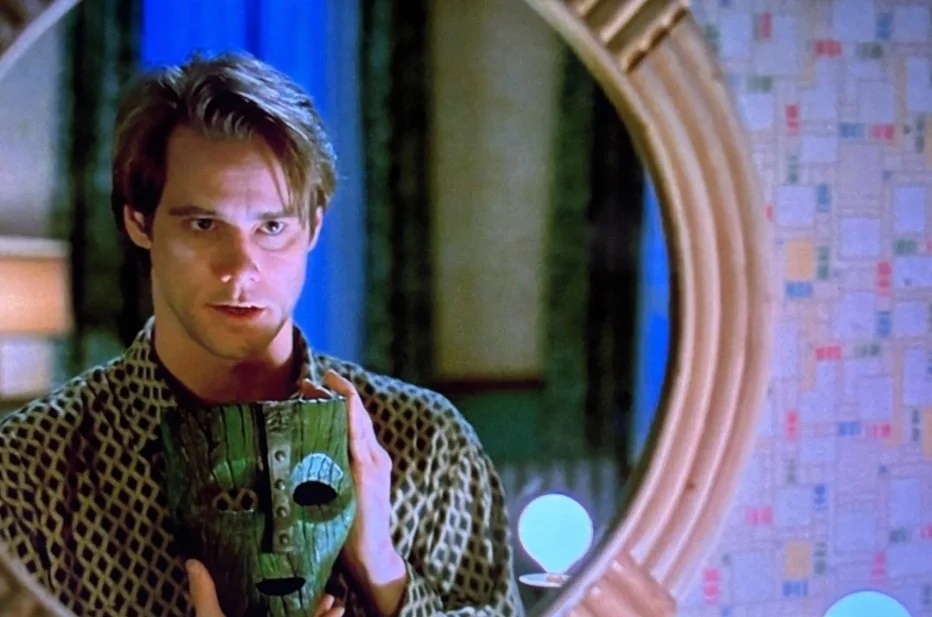Now that you scheduled a consultation call with a new therapist or two, here’s a list of what questions you can ask them to see whether they might be a great fit for you!
How to Find a Therapist or Counselor in San Jose
Living Wholehearted: Emotions Help Us Thrive
Emotions are an essential part of life and relationships. Try as you might, you won’t be able to get rid of them…and there’s no need to! Anxiety, guilt, shame, anger, and sadness reveal legitimate needs that all of us have. As we reintegrate emotions back into our lives, we are empowered to engage life to the fullest.












